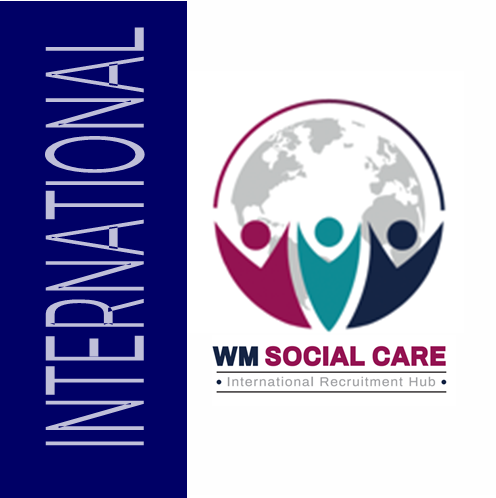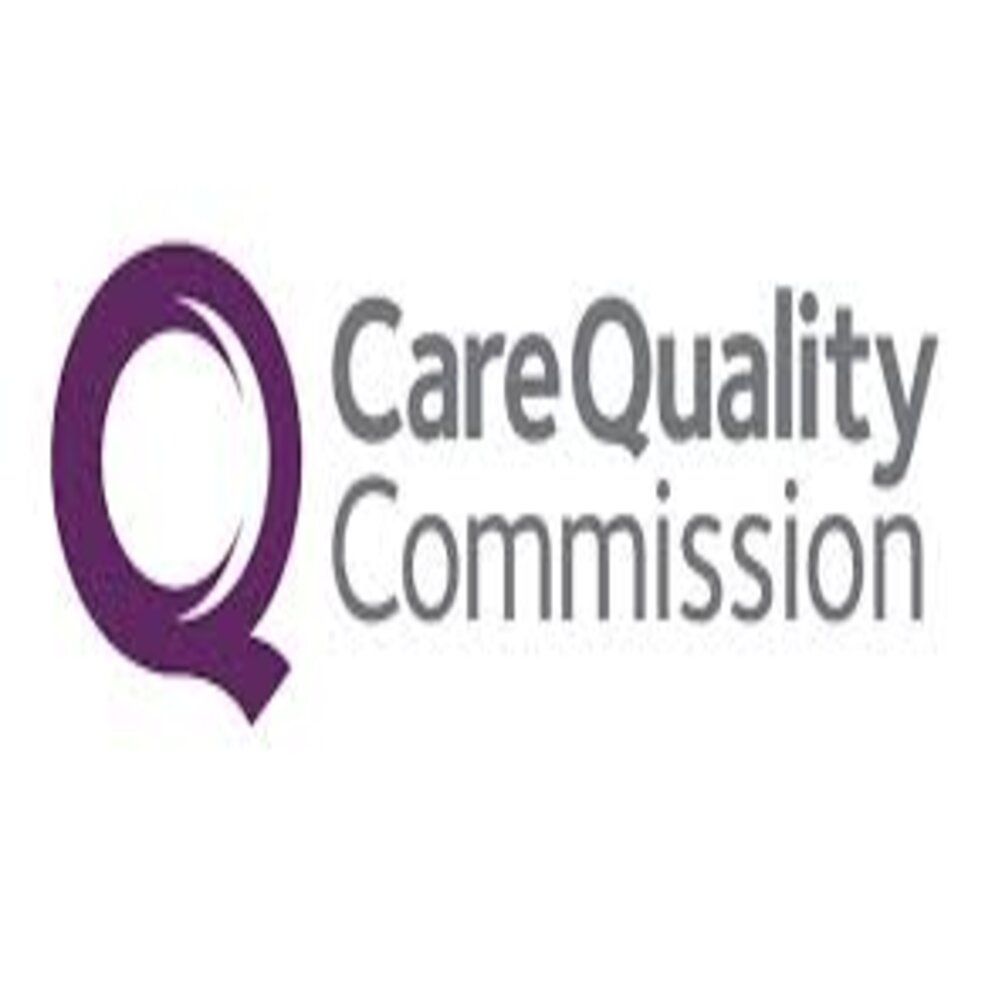Message from Claire Armstrong, Director – Adult Social Care Delivery, DHSC
Dear colleagues
First of all may I wish you and yours a happy and healthy new year.
I would also like to express my sincere thanks for your continued support and collaboration with NHS colleagues and community partners to help manage and mitigate the impact of NHS industrial action this winter. We recognise that pressures on health and care systems are increasing due to extra winter demands, staff sickness from COVID19, Flu and winter viruses, and industrial action in both the NHS and transport systems is adding to those pressures.
GMB and Unison have confirmed that they plan to take strike action at nine ambulance services on 11 January with additional action being taken by Unison at five ambulance services on 23 January. Furthermore, the RCN has announced they will be taking strike action on 18 & 19 January. Members of the Chartered Society of Physiotherapy have voted in favour of strike action and secured a mandate, with dates yet to be announced.
I am re-attaching (on the buttons below this letter) for your information the following correspondence:
- A letter from Michelle Dyson, Director General for Adult Social Care and Lyn Romeo, Chief Social Worker for Adults, DHSC (dated 22 Dec 2022)
We remain in regular contact with NHSE and will continue to share important information as and when it becomes available.
A summary of the key actions the NHS has been asked to focus on and are most relevant to adult social care are set out below:
Ambulance services
- In-reach from community services to help provide proactive management of the Ambulance call stack and care for patients in the community where more appropriate than a 999 response.
Acute, mental health and community trusts
- Continue to expedite the discharge of all patients who are clinically fit for discharge.
Across health and social care systems
- ICBs should engage with social care to advise how they could be affected and what contingency measures are in place to mitigate. System partners should be kept informed as well.
- Work closely with social care and other partners across the system to support rapid discharge of medically fit patients from acute, community and mental health settings, including through the use of additional discharge funding and personalised budgets where appropriate.
- Work across your system to implement system actions, including:
- Ensuring your System Control Centres have sufficient clinical and operational input to be able to make real-time decisions
- Ensuring your 8am-8pm falls response service is in place;
- Maximising support from your urgent community response service;
- Maximising utilisation of your existing virtual wards; and
- Strengthening your Acute Respiratory Infection hubs where you have chosen to create one, or actively considering creating one to improve ‘one stop’ same day assessment of respiratory conditions.






















